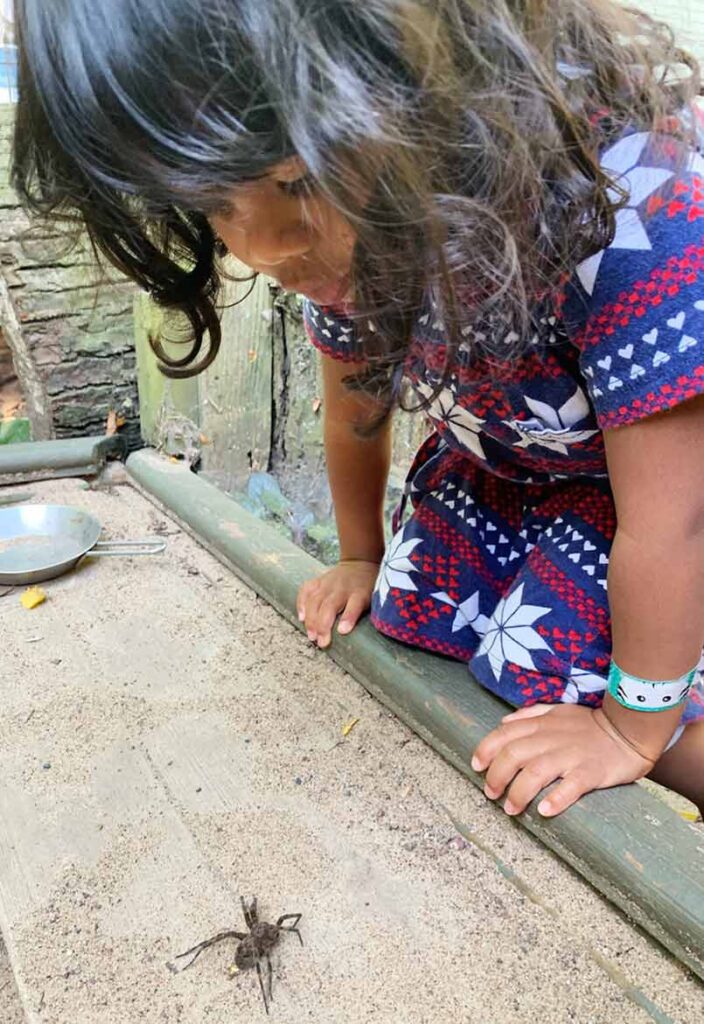The Importance of Nursery Rhymes
Introduction
Children who have memorized eight nursery rhymes by the age of four usually outshine their peers in reading by the age of eight. This wisdom from early childhood development experts is a good reason to incorporate nursery rhymes into your activities. They are an engaging and entertaining way to spark children's interest in the rhythms and patterns of language as they build their vocabulary and learn about numbers, sequencing and counting forward and backward.

Gather Materials
- A book of nursery rhymes (or a good memory!)
Note: Small parts pose a choking hazard and are not appropriate for children age five or under. Be sure to choose lesson materials that you feel are safe for your child and that you are comfortable letting your child use.
Activity
Nursery rhymes are important for young children because they help them develop an ear for language. When young children are actively learning through play, their brains are growing and they are becoming better at learning.
Nursery rhymes often contain compelling and pleasing rhythmic beats and simple repetitive phrases that children find easy to remember and fun to repeat.
Rhyme and rhythm help children hear the sounds and syllables in words, which helps them learn how to read. As children memorize, understand and predict the next part of the rhyme, they are building important cognitive and early literacy skills.
Books of nursery rhymes enrich the learning experience with captivating illustrations as they introduce children to language. Your local library has shelves and shelves of rhyming books just waiting to be checked out for free.
When choosing books to read to young children, look for books that have only one rhyme per page. Infants and toddlers enjoy board books that feature only one rhyme for the entire book.
Enhance the experience with some of these variations:
- Add props, puppets and movement to the rhymes you are reading.
- Play "Ring Around the Rosie."
- Act out the motions to "Teddy Bear, Teddy Bear, Turn Around."
- Play A -Tisket A-Tasket with a real basket.
- Add fake spiders to the "Itsy, Bitsy Spider" song. You will get the attention of even the most distractable child!
- Sing "Head, Shoulders, Knees and Toes" faster and faster with each repetition.
Selecting good books is one of the best ways to share time with young children. Reading aloud conveys affection, caring and a desire to connect and have fun. So let the rhyming begin!


